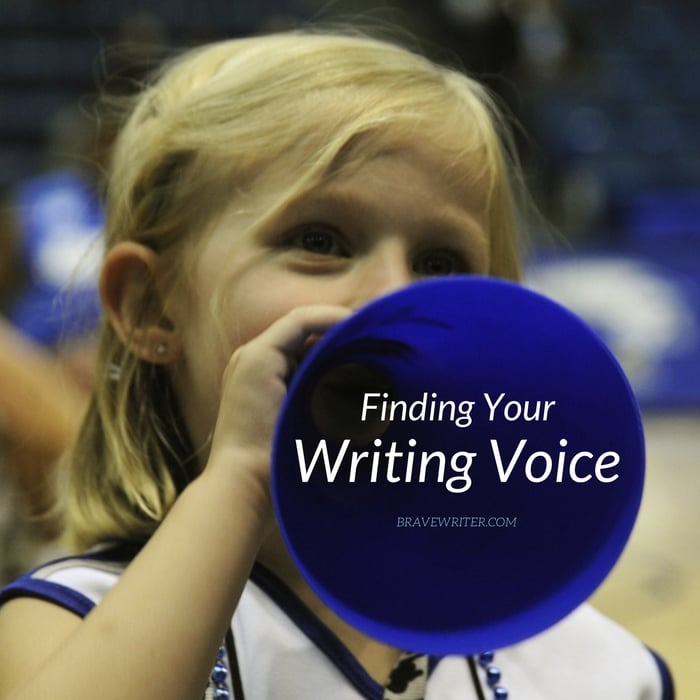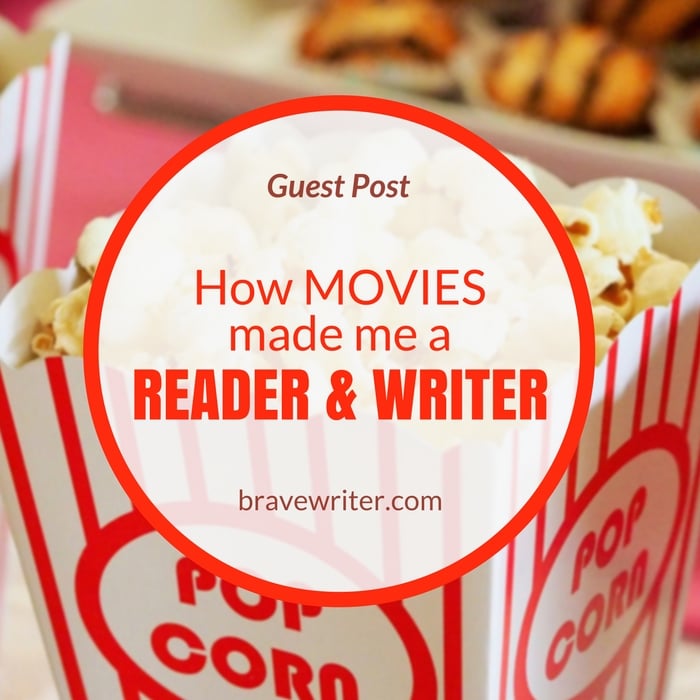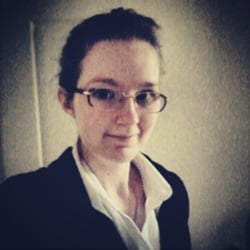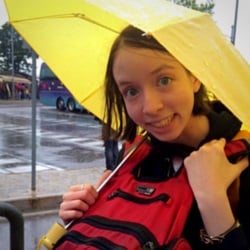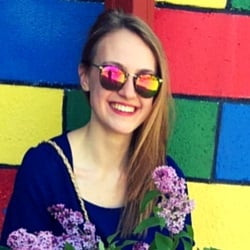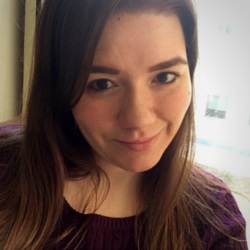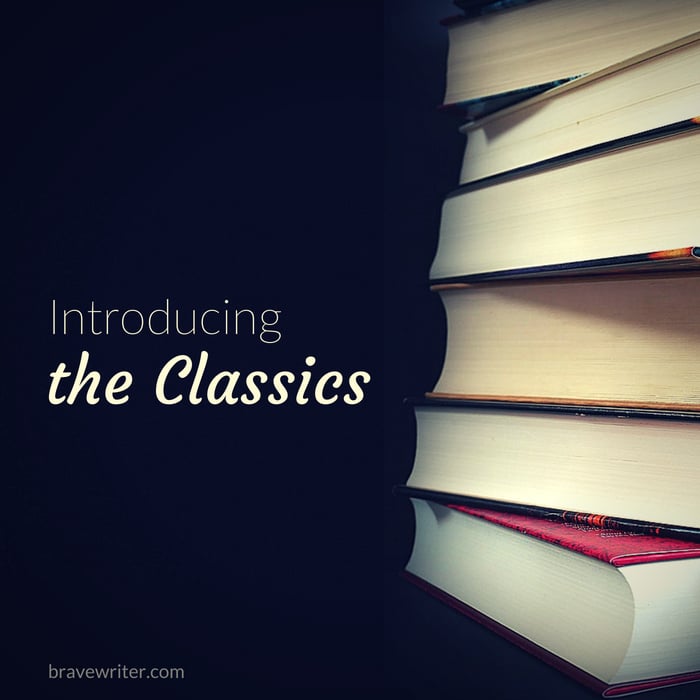
by Amy Frantz, Brave Writer alum
I am passionate about classic literature, but as an adult I’m also a little resistant to reading it.
[This post contains Amazon affiliate links. When you click on those links to make purchases,
Brave Writer receives compensation at no extra cost to you. Thank you!]
I can trace this resistance to my teens when the idea that classics were superior to modern genre fiction began to pervade my social interactions. As a teenager, genre fiction was my bread and butter, but a constant parade of sneers at my chosen reading matter ignited my stubborn streak, and so I flat refused to read classics for all of my teen years (except for Shakespeare. You would pry Romeo and Juliet from my cold dead fingers). To this day, I still have not quite shaken off my resentment of the classics, which is honestly a tragedy.
My childhood, however, was a different matter. It was filled with Charles Dickens books (read aloud by my wonderful homeschooling mother), every Jane Austen adaptation available (especially Pride & Prejudice), and multiple film versions of Jane Eyre. In fact, my primary introduction and contact with the classics as a child came through screen.
There is a pervasive line of thought that holds to the notion that movies and television are inferior forms of storytelling and that “the book is always better.” Although the limitations of screen adaptation can certainly result in a film with less detail than, or noticeable plot deviations from, the source material, I do think we should be cautious in throwing the whole lot of them out entirely in favor of making kids and teens “read the classics.”
I am dyslexic and as a child experienced significant reading delays, so in many instances I either watched the movies or I didn’t experience the stories at all. I met Jane Austen’s heroines exclusively through screen and what a sadness it would be if I had never met them at all due to insistence that I read the books. And when I did start finally reading? I fed myself on a steady diet of Star Wars novels and Harry Potter; definitely not Homer. But my mother was simply thrilled that I was reading; what I was reading seemed to matter less than the act of reading itself.
I didn’t actually get around to reading Jane Eyre until my mid-20s, but my passion for the story is rooted in countless childhood hours comparing films. In fact, I probably would have never sat down to read Jane Eyre if it hadn’t been for those movies. I still have not as of yet completed reading a Jane Austen novel, I blush to admit, but Pride & Prejudice is still one of my favorite stories. I became passionate about the stage musical of Les Misérables in my early 20s and not only did I read Victor Hugo’s 1,400+ page masterpiece, I own five different English translations of it.
If the goal is to nurture a love of stories and a desire for literacy in kids,
I think it’s okay to take a backdoor approach.
That’s what worked the best for me growing up, anyway. I was allowed to consume the easiest versions of classic literature, which enabled me to sidestep my dyslexia and dive right into these stories which are considered important by so many people. Loving the stories first made me more willing to pick up a heavy book filled with tiny print that would otherwise send my dyslexia running and screaming.
When I was told as a teen that I was reading the wrong stuff and that my reading matter was inferior, it certainly didn’t make me want to go home and reach for the Tolstoy. It made me all the more stubborn in my reading choices and closed me off to things I genuinely would have enjoyed. In other words, it made me resistant. The exact opposite of the intentions of the people who were trying to get me to read classics.
Full disclosure: I am not a parent. But I do know what fostered a love of literature in me as a child and what didn’t. Shaming and blaming from peers and well-meaning adults was ineffective. Being allowed to compare different versions of Jane Eyre without the expectation that I had to read it was what eventually lead me to read it.
For me, the most important thing was loving the stories in whatever medium I could best handle them at the time. And to this day, my bookshelves are filled with Shakespeare’s works, Harry Potter, Les Mis, and Star Wars (a lot of Star Wars) all jammed in together.
Encouraging a love of classic literature might not look like a child reading Austen contentedly on the coach. It might look like movies, popcorn, and a whole bunch of science fiction books, but if there’s a love of stories plus a desire for literacy the classics will follow.


